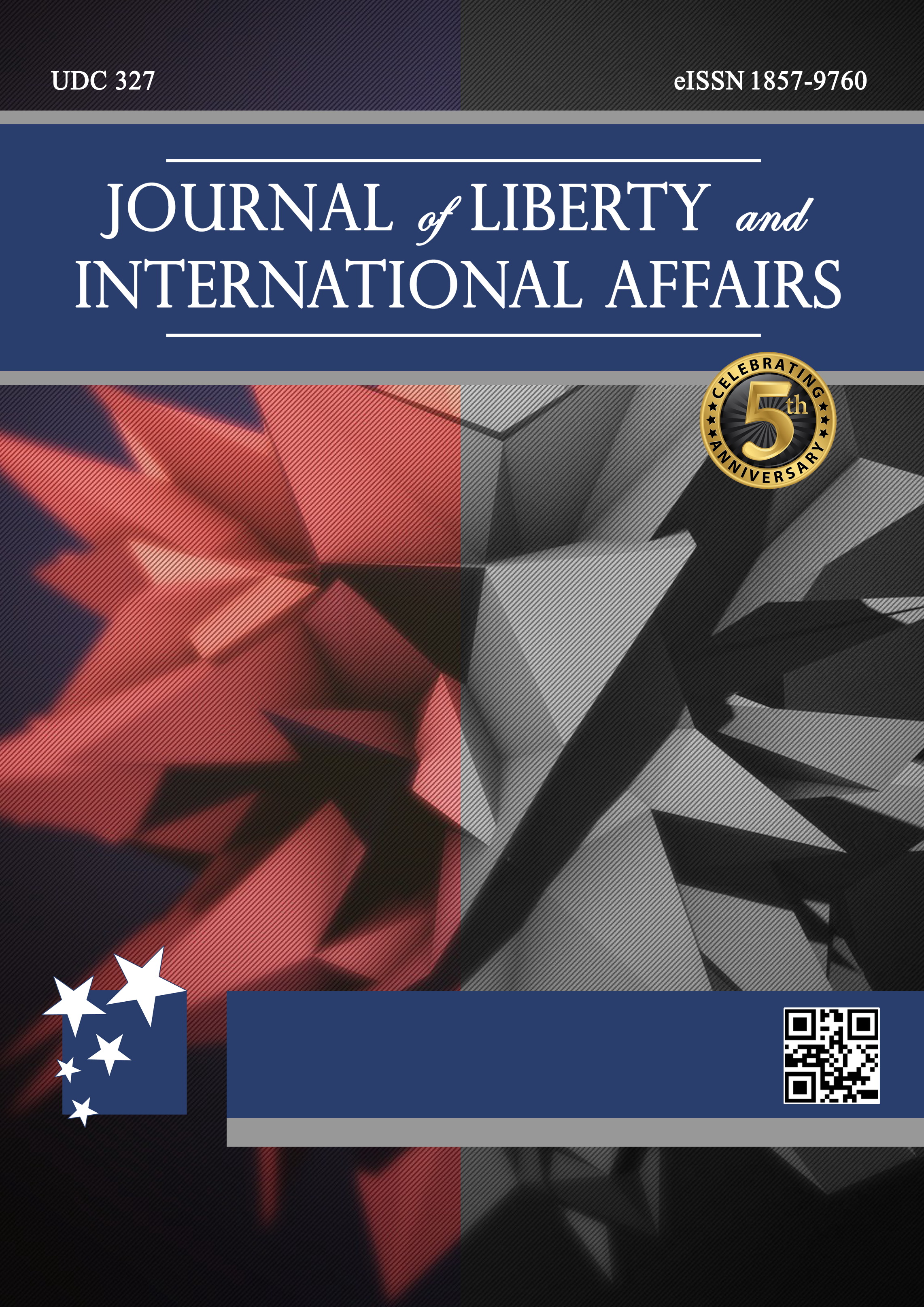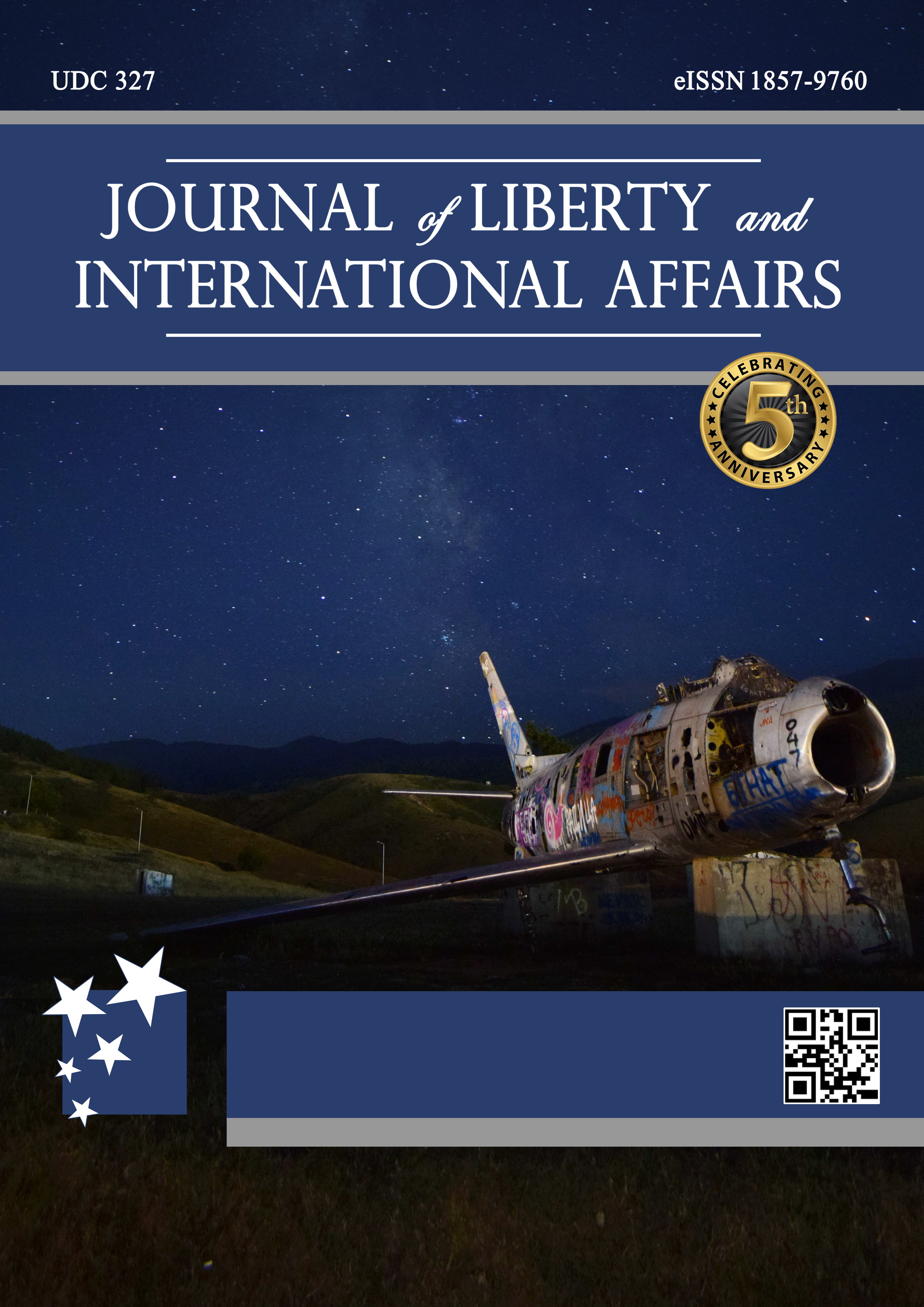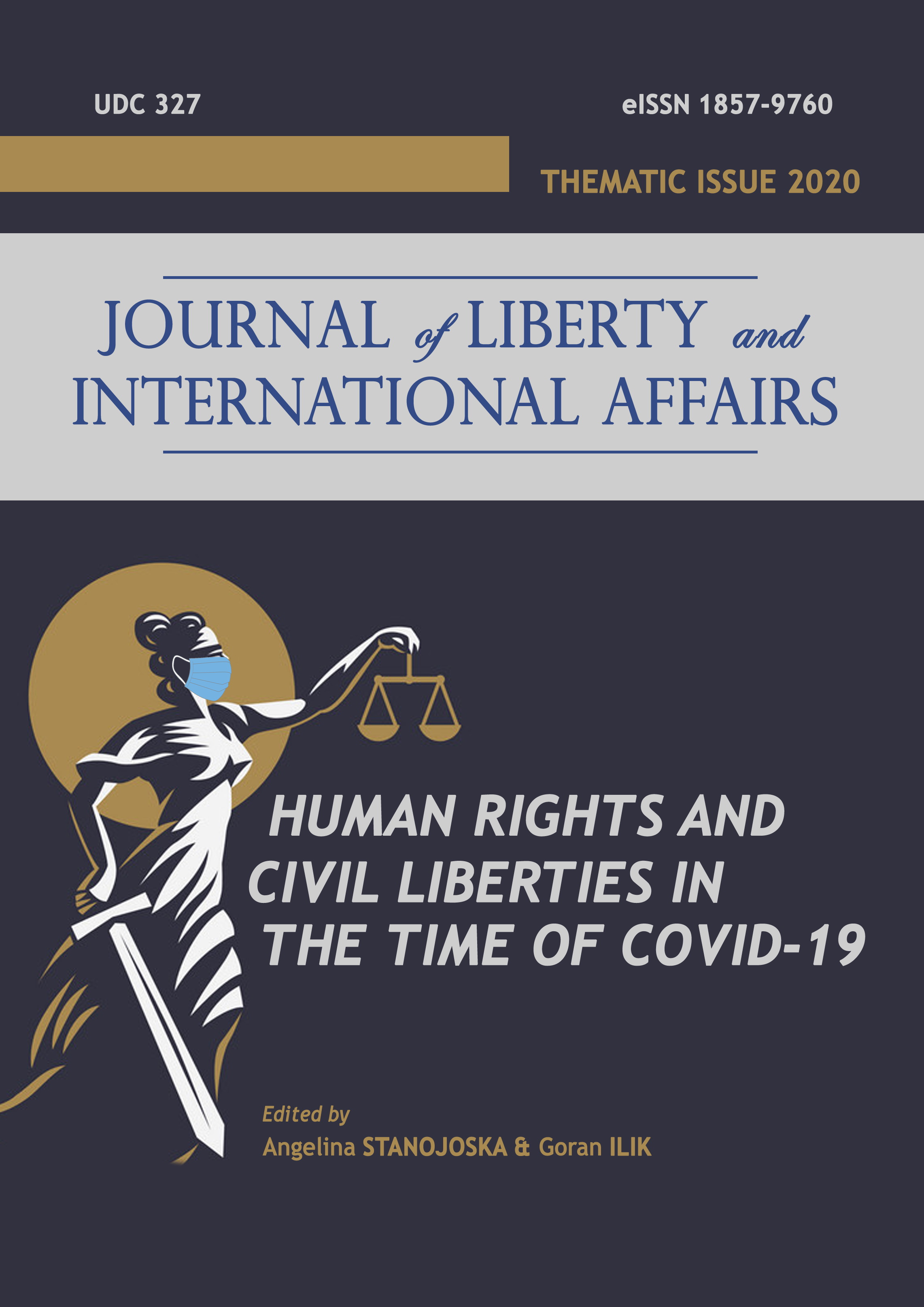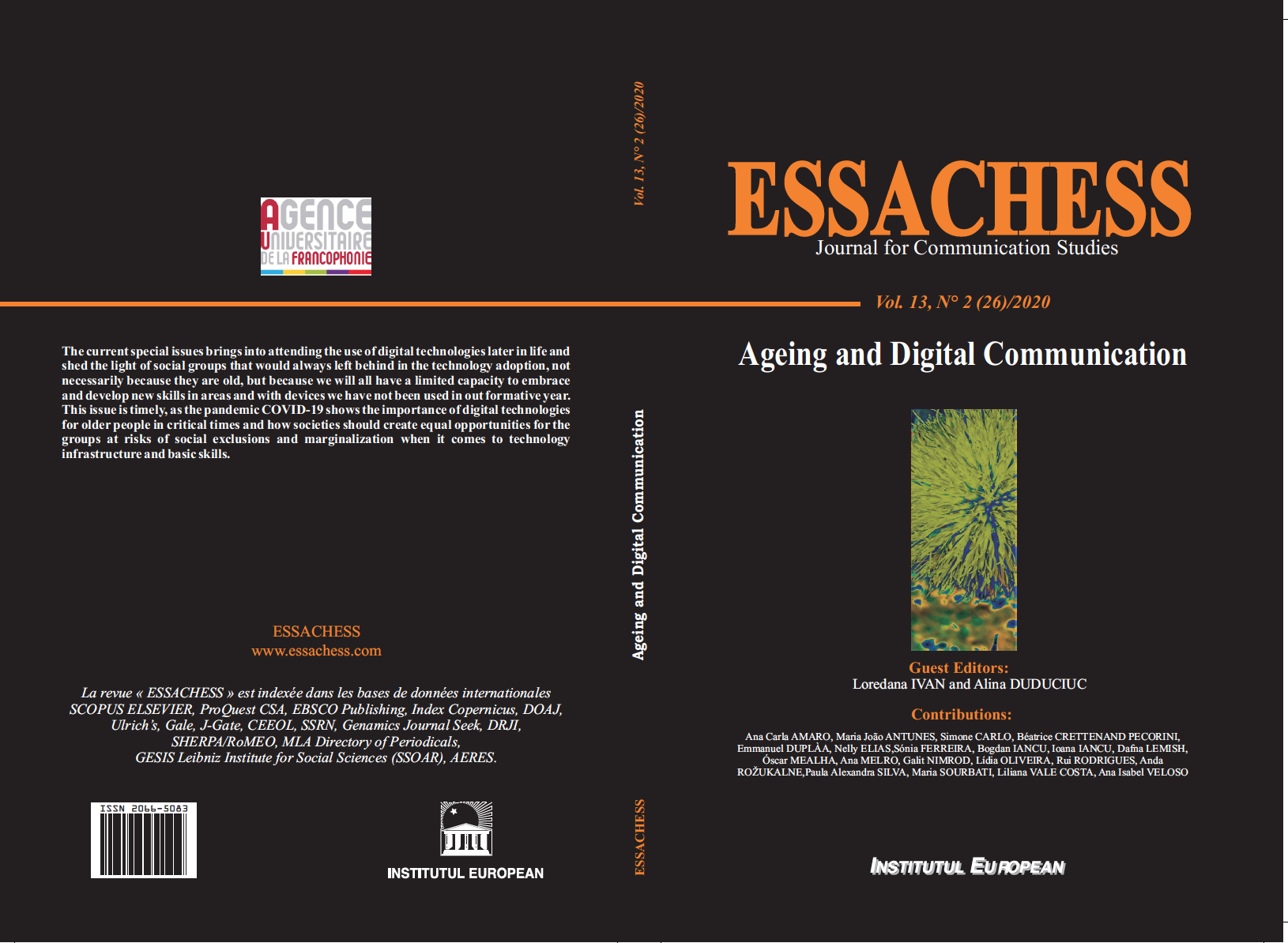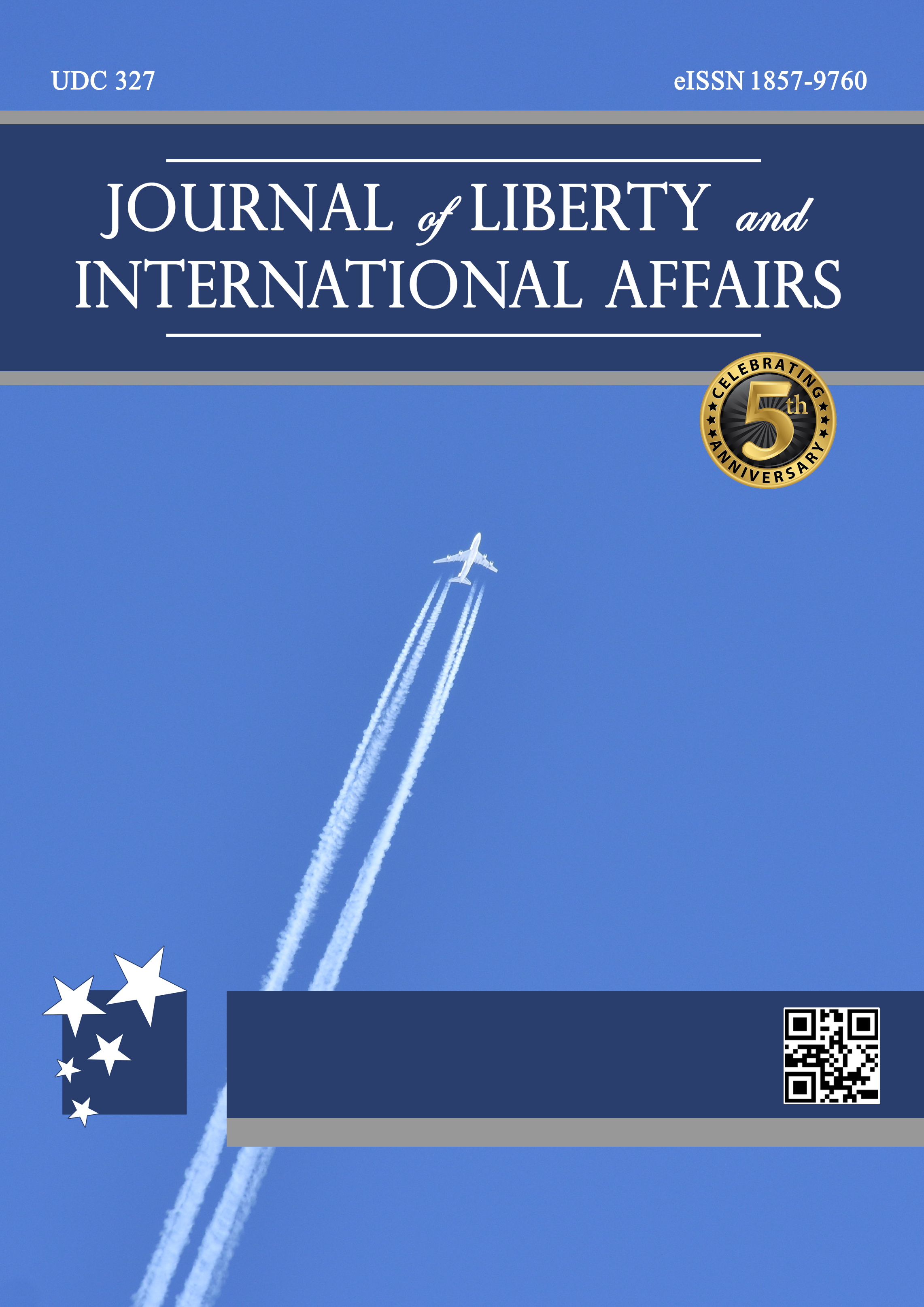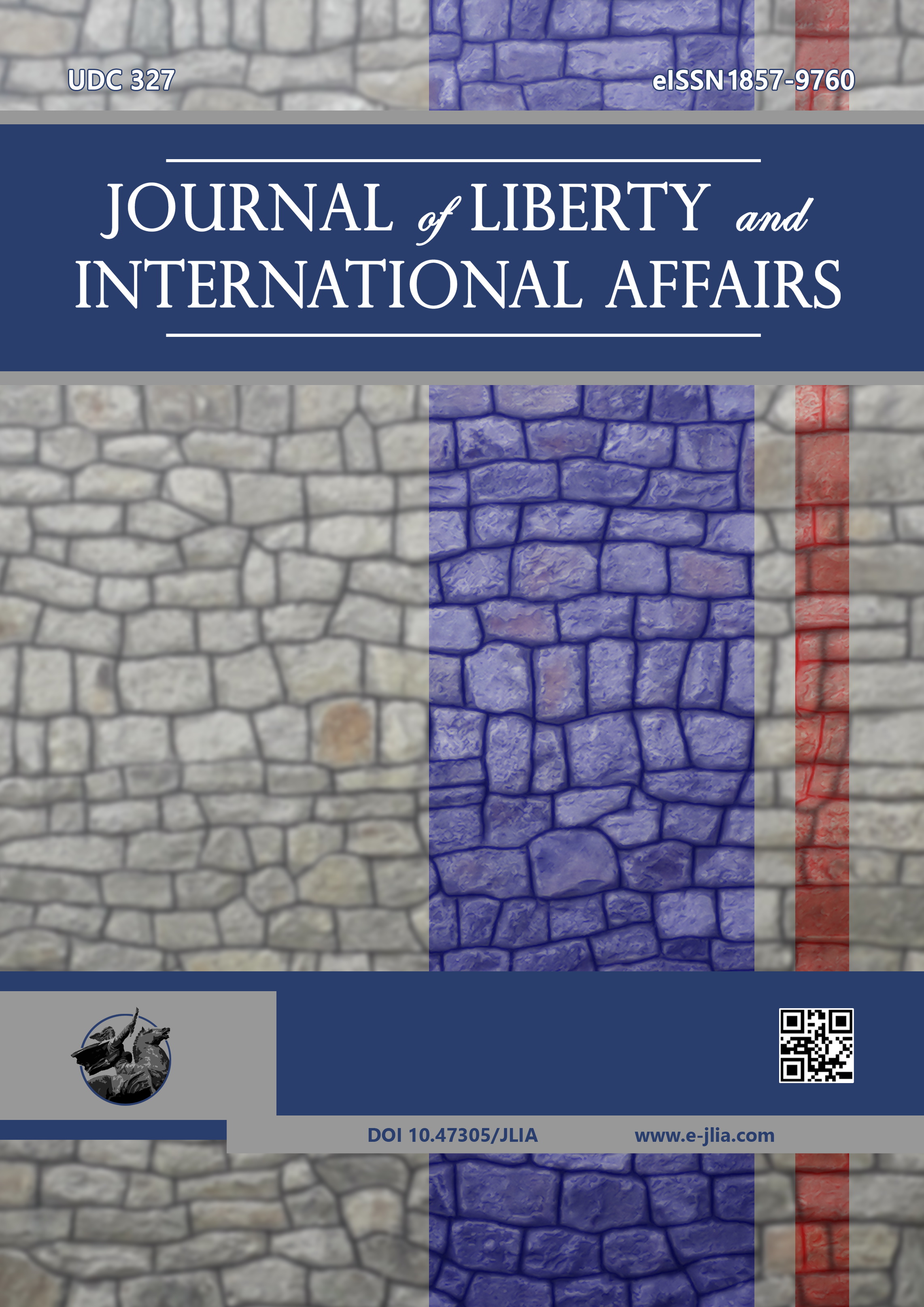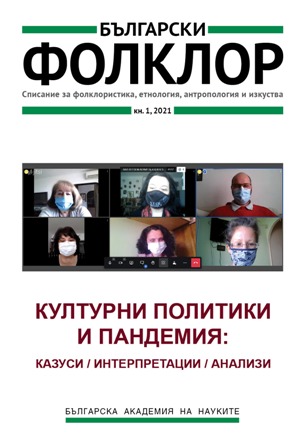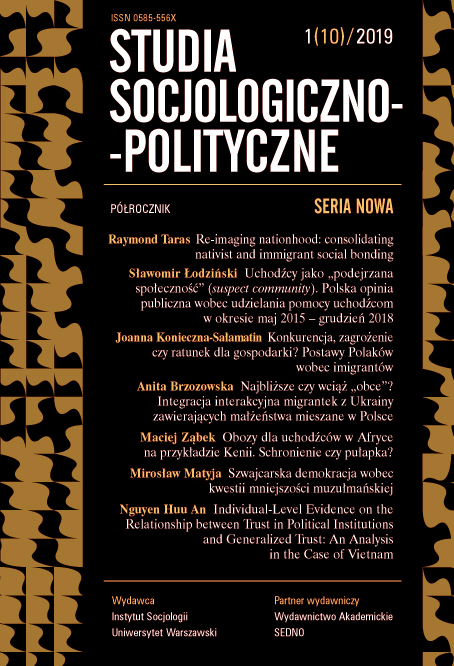
Szwajcarska demokracja wobec kwestii mniejszości muzułmańskiej
Muslims in Switzerland are the third largest religious group. However, they are not legally recognized as a religion. The Swiss state is confronted with the necessity of their integration and the problem is constantly present in politics. It is a fact, that the regional differences between Muslims and other religions in Switzerland are very large. The results of referendums regarding the acceptance of the Muslim religion have been in the past only negative. The best example is the initiative and referendum „stop of minarets” in 2009. From a legal point of view, the presence of Muslims in Switzerland provokes many challenges for the Swiss state, because the systems of these two „worlds” are fundamentally different: Muslim law is based on the Islamic religion, while the Swiss Confederation is a democratic state of law and as such is based on the will of society. Recognition of Muslims as a religious minority can take place within the framework of Swiss direct democracy only in the referendum, which is currently impossible.
More...
